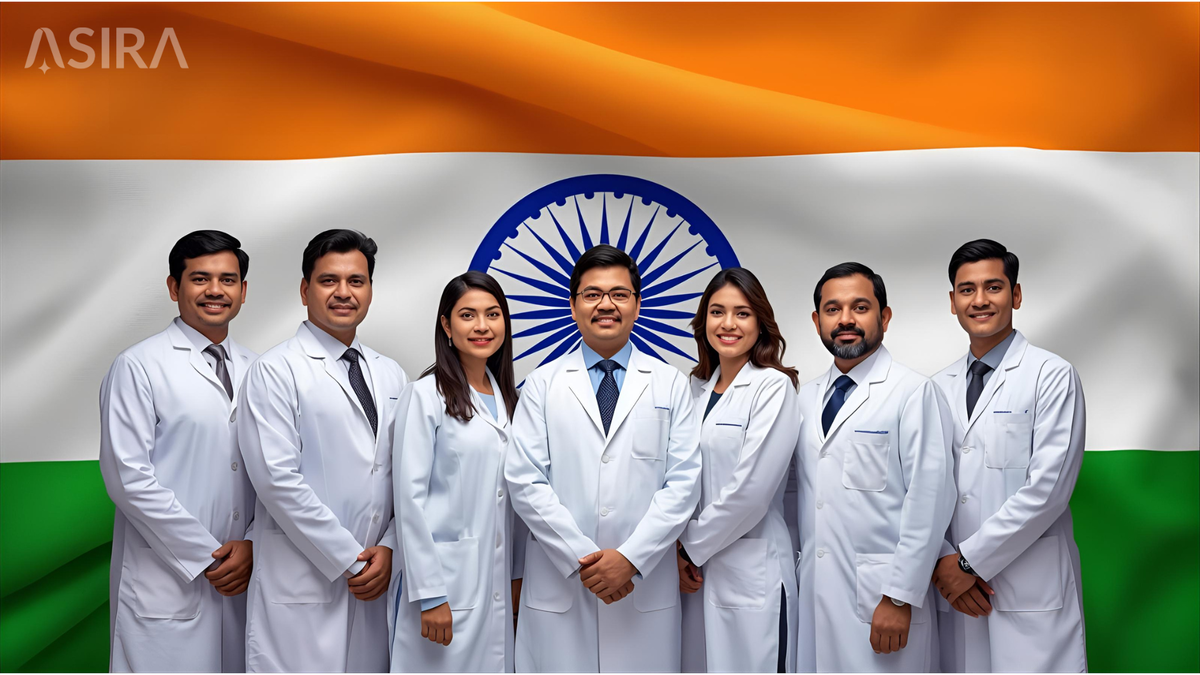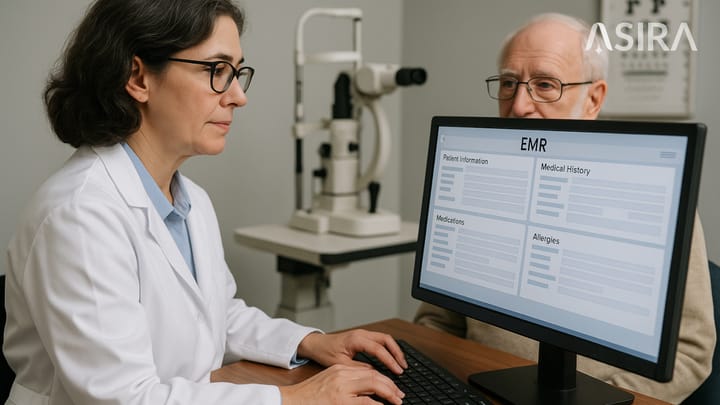Optometry in India Is Finally Being Recognised, But Only If We Claim It.
For the first time in India’s history, optometry has been invited to step forward and be recognised. Not as a trade, not as a supporting role, but as a healthcare profession that deserves national registration, licensure and identity.

For the first time in India’s history, optometry has been invited to step forward and be recognised. Not as a trade, not as a supporting role, but as a healthcare profession that deserves national registration, licensure and identity.
Will you allow others to define your profession, or will you speak and define it yourself?
Recognition Comes with Rules and Responsibilities
This regulation introduces a legal requirement. No one may practice optometry in India without formal registration. To continue using the title “Optometrist,” every practitioner must be entered into the national database.
Registration Process
- Apply to your State Council based on residence
- After verification, your name moves to the Central Register
- You receive a UID Number, your national licence to practice across India
This UID is not just a number. It is national recognition. It is legal identity. It is proof that optometry belongs within formal healthcare.
Only Recognised Qualifications Will Be Registered
For the first time, the government has published the official list of qualifications that allow someone to register as an Optometrist. Degrees outside this list will not qualify.
Accepted Bachelor’s Degrees (for Optometrist Registration)
- B.Sc (Hons) Ophthalmic Techniques – 3 or 4 years
- Baccalaureate in Optometry – 4 years
- B.S. in Optometry – 4 years
- Bachelor of Optometry – 4 years
- B.Sc Optometry / B.Sc in Optometry – 4 or 4.5 years
- B.Sc Optometry Technology – 4 years
- B.Sc (Optometry) – 3 years
- Bachelor of Clinical Optometry – 4 years
- B.Sc Ophthalmic Technology – 3 or 4 years
- B.Sc Ophthalmic Dispensing and Vision Science – 4 years
- Bachelor of Science Honours in Ophthalmic Technology – 4 years
- Bachelor of Ophthalmic Medical Sciences – 4 years
- Doctor of Optometrical Sciences – 5 years
Accepted Master’s Degrees
- M. Phil in Optometry
- Master of Optometry
- M.Sc in Optometry
- M.Sc in Optometry Technology
- M.Sc in Optometry and Ophthalmology Technology
- Master of Clinical Optometry
- Master of Ophthalmology
- Integrated Master’s or Direct PhD Programmes
Accepted Doctoral Degree
- PhD with thesis in Optometry, Eye or Ophthalmology
Diploma Cadres (Registered Separately, Not as Optometrists)
- Diploma in Optometry
- Diploma in Refraction and Optometry
- Diploma in Ophthalmic Techniques
- Diploma in Orthoptics
- Diploma in Ophthalmic Technology
- Diploma in Optics and Refraction
- Diploma in Clinical Technology
- Diploma in Vision Technician
Colleges must align course titles exactly with these recognised names. This list will become the legal definition of "Optometrist" in India.
Specialisation Requires Official Recognition
From now on, claiming a specialty will not be enough. If someone provides advanced services such as contact lenses, binocular vision therapy or low vision rehabilitation, they will need a formal qualification registered as an Additional Qualification.
Specialisation must be earned, verified and recorded in the Central Register.
That is how professional standards are built.
One Registration, Practice Anywhere in India
Once registered and assigned a UID, an optometrist may practice in any state of India. There is no need for multiple state registrations. The only requirement is to inform the home State Council when relocating.
This gives optometry a nationwide identity for the first time.
CPD Will Be Linked to Licence Renewal

Registration is valid for five years. Renewal will depend on Continuing Professional Development (CPD).
Renewal Requirements
- 15 hours of CPD per year
- 75 hours across five years
- Maximum 50 percent of CPD may be online
Without CPD, the registration becomes inactive. Practice without an active registration will be considered illegal.
Foreign-Trained Optometrists
Foreign graduates who wish to practice in India must:
- Undergo credential evaluation
- Pass exit or licensure exams, if required
- Apply directly to the Central Register
- Pay the prescribed fee (₹11,000)
Temporary registration is available for fellowships, observerships or teaching programmes.
Grandfather Clause for Existing Practitioners
Practitioners who have been working without recognised qualifications may apply under Provisional Registration. However, they must complete bridging requirements within a defined time. Those who fail cannot legally continue to practice.
This clause protects long-standing practitioners but demands minimum standards for public safety.
Unresolved Issues That Require Our Voice
The draft does not define:
- Prescribing rights or therapeutic authority
- Independent management of ocular disease
- Recognition of optometrists in primary eye care
- Defined specialties within optometry
If we do not provide feedback, these critical gaps may be filled by others, possibly in ways that limit optometry.
Our Responsibility as a Professional Community
Colleges must adjust course titles, prepare licensing-ready students and support CPD culture.
Practitioners must organise documents, track CPD and avoid unregistered specialty claims.
Associations must advocate for clinical autonomy, therapeutic rights and fair scope.
We Must Act – Feedback Is Open
NCAHP has invited public objections and suggestions. If we remain silent, we accept the regulation exactly as it is.
🗓 Deadline to Submit Feedback: 25 October 2025
📩 Email: ncahpregulationspublicopinion@gmail.com
Each email sent strengthens our representation. A profession is not defined by laws. It is defined by the people willing to defend it.
🇮🇳
This Is Our Moment
For decades, optometrists in India have asked for recognition. That recognition has finally arrived. But recognition without participation is powerless. If we want rightful scope, respect and autonomy, we must speak now.
Not as individuals. As a profession.
Write your email. Encourage your colleagues. Guide your students.
The future of optometry in India is being drafted today and it is up to us to guide it in the right direction.




